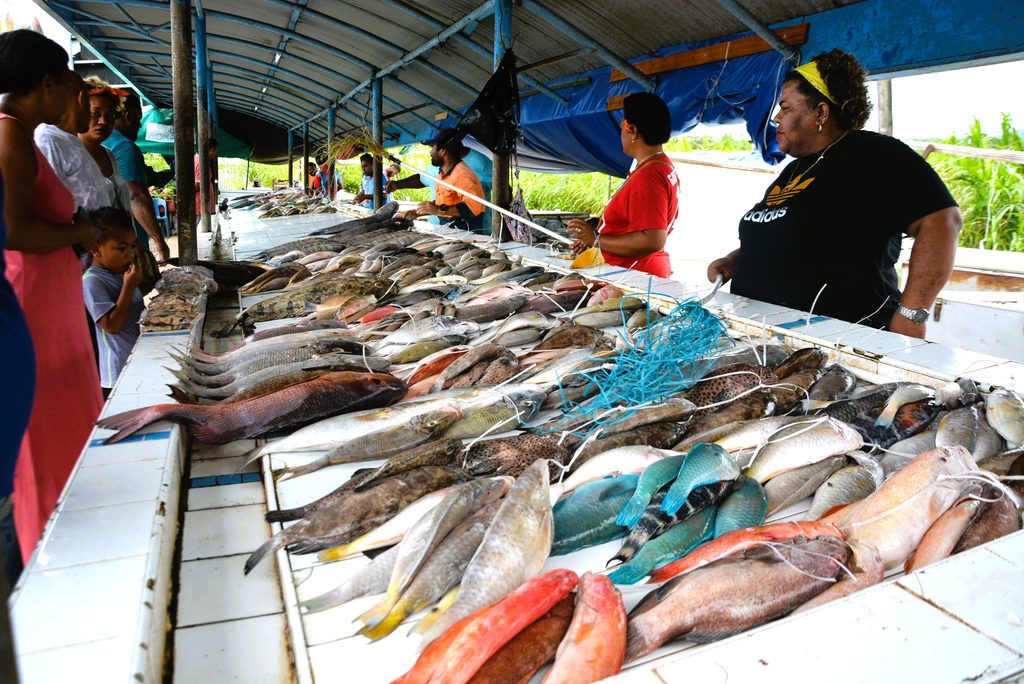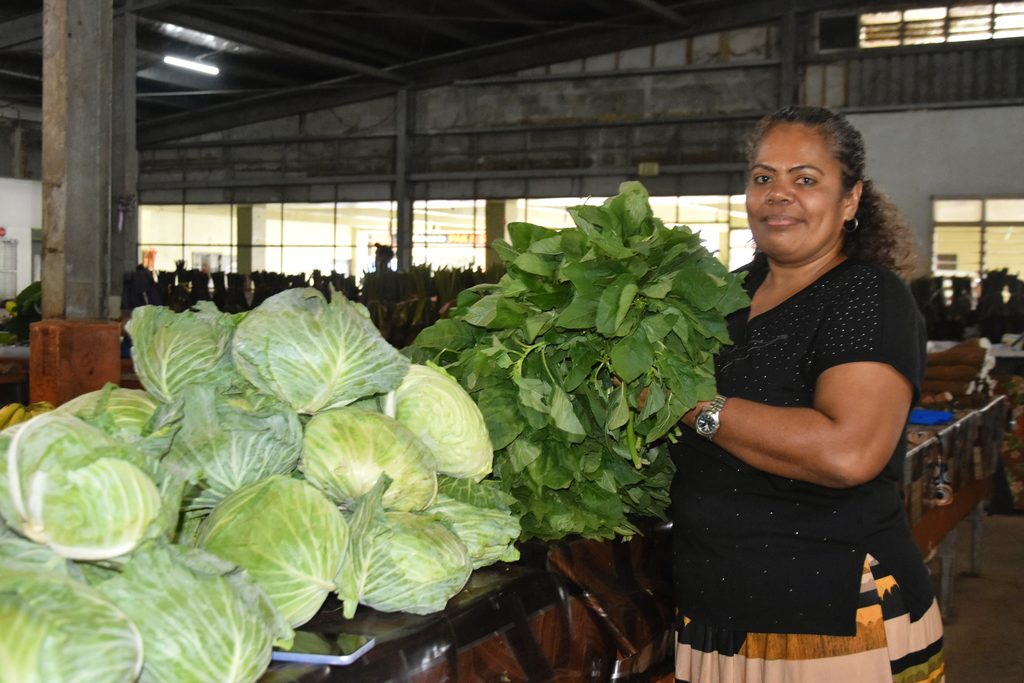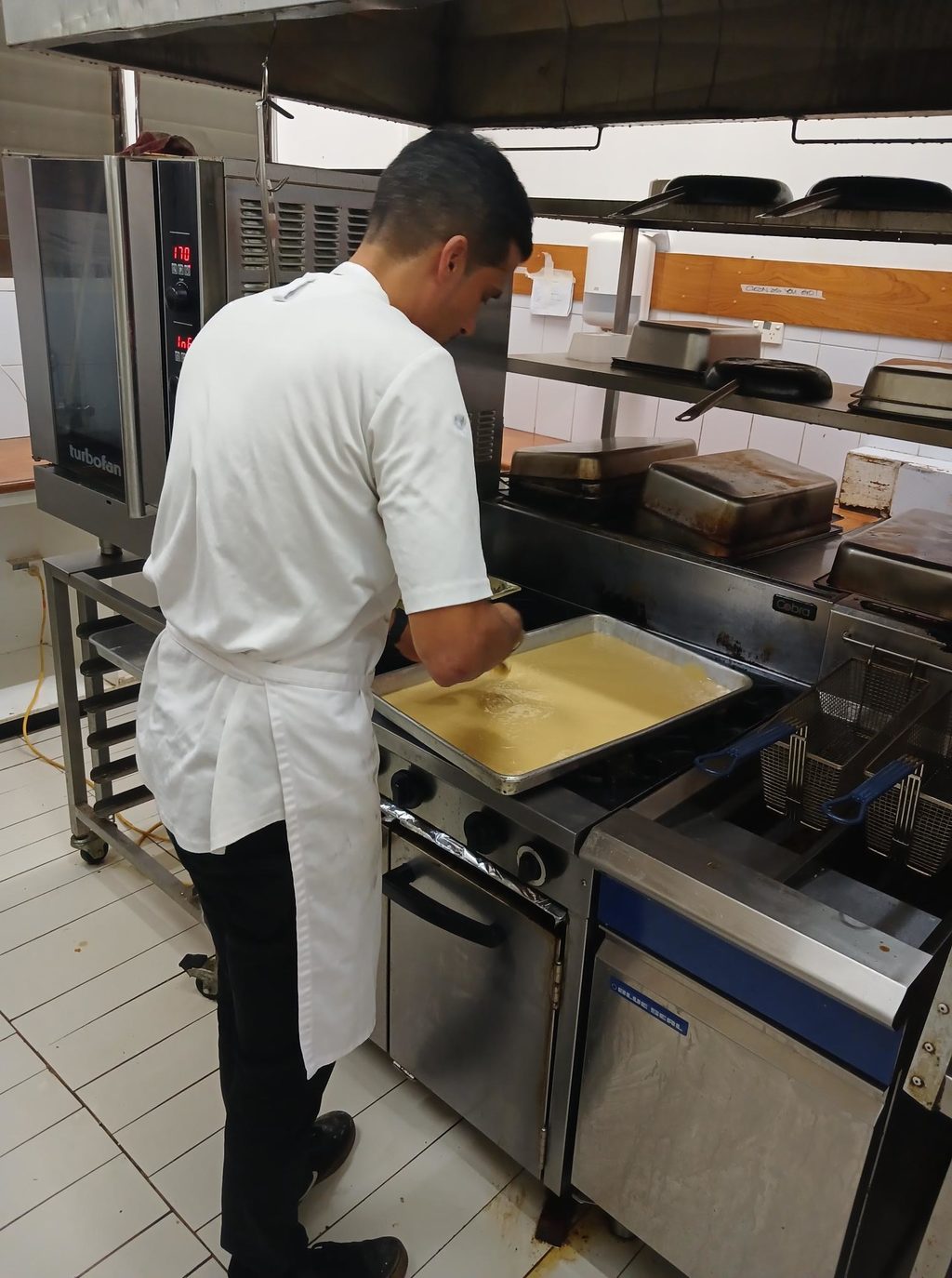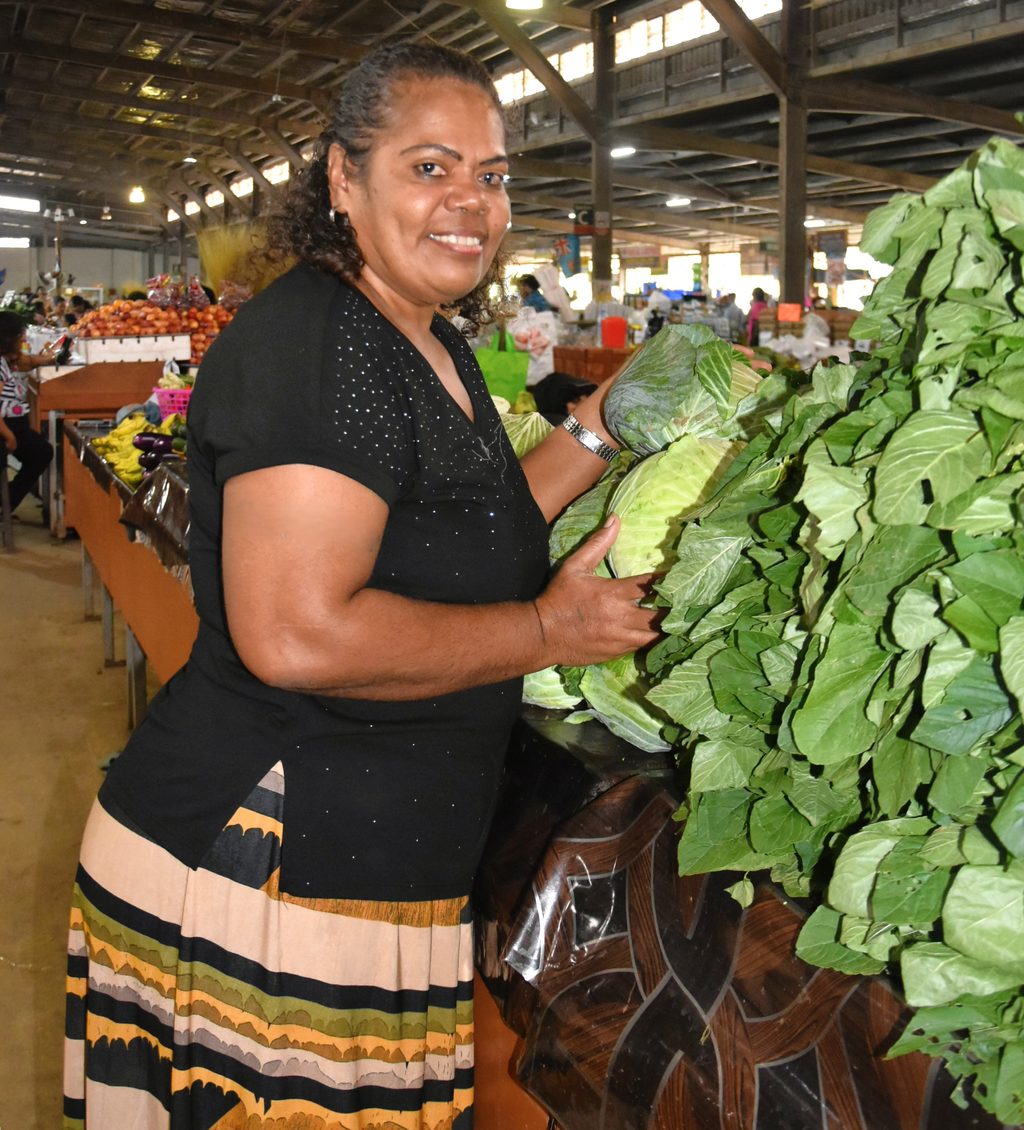Bula Vinaka Shoppers, many families across Fiji enjoy buying fish—not only for its delicious/kusima taste but also for its nutritional value. Fish is a staple in many households and a Sunday favourite for countless families.
Mereoni, a mother of five and a regular fish shopper, says fish has always been a family favourite, especially on Sundays.
“It’s a great source of protein and omega-3 fatty acids, which are good for the heart, brain, and vision,” she shares. “My children love fish — whether it’s cooked in lolo, fried, steamed, or eaten raw (kokoda) which is marinated in fresh lemons or freshly boiled with miti and ota.”
During the holidays her children often go out to sea to fish for their own rations and they love the experience.
However, like many other shoppers, Mereoni has had a few bad experiences. Despite being iced and seemingly fresh at the point of purchase, some fish have turned out to be spoiled by the time they reached the family dining table.
“I love fish, but I’ve cooked some that looked fine at first, only to realise they were bad after cooking. The meat would be soft and unpleasant to eat,” she recalls. These issues highlight a common concern — how can shoppers be sure they’re buying fresh, safe fish, especially from roadside stalls and from market vendors? Watch out for spoilage and according to food safety guidance, there are several signs that fish might not be as fresh as it appears.
Dull skin and cloudy eyes usually indicate that the fish is old. Some vendors may even use improper ice or chemical preservatives to mask spoilage, making it difficult for buyers to tell the difference until it’s too late.
The Ministry of Health has fined vendors in the past for hygiene violations and poor storage conditions, while the Ministry of Fisheries also plays an active role in ensuring that fish sold in markets are not only safe but sustainably sourced.
This includes monitoring the sale of undersized or illegal species.
When researching on this topic I found there is a seasonal ban on kawakawa and donu so it’s also important for shoppers to stay aware of Fiji’s fishery regulations.
As of June 1, this year, a seasonal ban is in place for two of Fiji’s most valued fish species — kawakawa (grouper) and donu (coral trout).
The ban, which lasts until September 30, 2025, prohibits the harvesting, selling, possession, and even transportation of these fish. This conservation measure is vital to protecting marine biodiversity, especially during the breeding season of these fish.
Overfishing during this period could threaten their population and affect the long-term health of our reefs and oceans. All fishers, vendors, shoppers, and exporters are required to observe the seasonal ban.
Violating the restriction could result in fines of up to $10,000 for individuals and $20,000 for businesses. So, if you’re offered kawakawa or donu during this time, walk away.
Saying no supports sustainable fishing practices and helps protect our oceans for our children and grandchildren.
Tips for buying good fish
Buying fish from roadside vendors can be economical and convenient, but it carries risks. Often, issues with freshness and safety are only discovered once the meal is cooked — spoiling not just the fish, but your entire Sunday meal experience.
1. Vendor and storage hygiene Choose stalls that are busy with many customers. High turnover means fresher fish. Avoid fish out all day in the sun.
Fish should be displayed on clean ice or in coolers — never on bare surfaces or without cover.
2. Check for freshness
Look for clear, bulging eyes. Cloudy or sunken eyes are a red flag.
Gills: should be bright red or pink and slightly moist — not slimy or grey.
When you press the body, the flesh should spring back.
Soft or mushy texture means it’s spoiled. Fresh fish has a clean, ocean-like scent.
If you detect a strong ammonia or chemical smell, avoid it.
3. Buy from trusted sources Whenever possible, buy from municipal fish markets or licenced vendors.
These sellers are more likely to follow food safety standards set by the Ministry of Health and Ministry of Fisheries. If you buy from the roadside stalls, check carefully. Once home, cook your fish the same day, or if storing, freeze it properly.
A shared responsibility:
From vendors to shoppers, we all have a role to play in keeping our food safe and in protecting our resources.
Being informed helps ensure every fish dish on your table is not only delicious but also safe and responsibly sourced. So next time you’re out shopping, take a moment to inspect the fish, ask questions, and support vendors who follow good practices.
That way, your Sunday lunch — whether with ota, miti, fried or in lolo — can be enjoyed the way it’s meant to be — safely, with satisfaction and a hearty smile! Enjoy shoppers!






